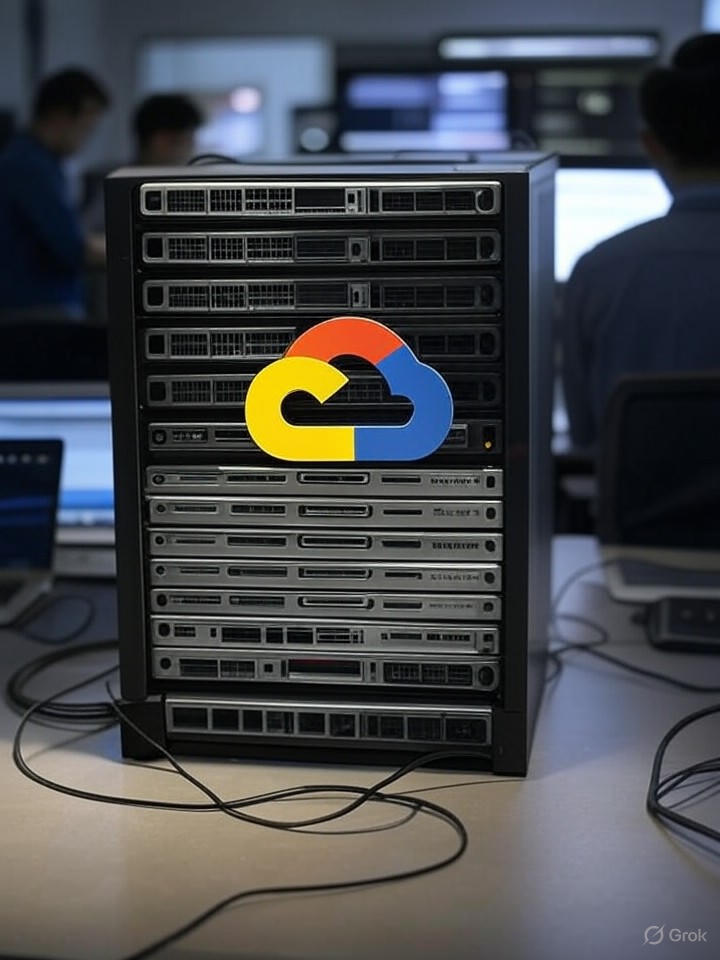In a significant leap for artificial intelligence, Google Cloud has unveiled a major upgrade to its Agent2Agent (A2A) protocol, a foundational technology poised to redefine how AI agents interact and collaborate across diverse systems. This enhancement underscores a strategic commitment to fostering seamless AI agent interoperability, addressing a critical challenge in the rapidly expanding multi-agent ecosystems that underpin modern enterprise operations.
Originally conceived to facilitate fluid communication among intelligent entities, the A2A protocol’s latest iteration introduces an array of advanced features designed to bolster security, scalability, and integration with emerging AI tools. Key improvements include sophisticated encryption standards and real-time monitoring capabilities, ensuring that sensitive data exchanged between agents remains secure within demanding corporate environments, a vital consideration as businesses increasingly rely on AI for mission-critical tasks.
A pivotal moment in the A2A protocol’s evolution was its donation to the Linux Foundation, a strategic move that has catalyzed the creation of the Agent2Agent Project. This initiative champions open source AI development, inviting a global community of developers to contribute to the protocol’s refinement and expansion. The current upgrade further builds upon this collaborative foundation, introducing modular components that enable greater customization, allowing agents to adapt to specific industry requirements without compromising system-wide compatibility.
The real-world applicability of these advancements is already evident through significant industry partnerships. Collaborations, such as the one with Zoom, demonstrate how Google Cloud A2A enables AI agents to integrate seamlessly within broader ecosystems, facilitating enhanced virtual meetings powered by intelligent automation. Such examples highlight the immediate practical benefits for enterprises seeking to streamline workflows and augment decision-making processes through advanced AI capabilities.
Delving into the technical enhancements, the upgrade significantly refines the protocol’s Model Context Protocol (MCP) integration, allowing agents to maintain robust contextual awareness across complex interactions. This deep integration dramatically improves efficiency in multi-agent workflows. Furthermore, compatibility with Google’s Agent Development Kit (ADK) has been streamlined, providing developers with intuitive tools to transform standalone agents into highly collaborative entities, simplifying the development lifecycle for complex multi-agent systems.
The broader implications for enterprise clients are profound, signaling a definitive shift toward agent-driven operations. These advancements, particularly within Vertex AI support structures, empower AI systems to autonomously manage intricate tasks, from sophisticated data extraction to complex decision-making processes. Leading partners, including Box, are already leveraging A2A in conjunction with Gemini models to transform unstructured data into actionable business intelligence, illustrating the tangible value for enterprise AI solutions.
Looking ahead, the A2A protocol is firmly positioned as a cornerstone for the burgeoning agentic AI ecosystem. Google’s emphasis on accessibility through no-code tools like Agent Assembler aims to democratize its adoption. Insights from industry experts highlight how this integrates with platforms like Agentspace, enabling the strategic incorporation of enterprise data for more reasoned and impactful AI outputs. However, challenges persist, including ensuring widespread protocol adoption across diverse platforms and meticulously addressing potential privacy concerns inherent in inter-agent communications.
Ultimately, this comprehensive upgrade reaffirms Google’s unwavering commitment to an interconnected and collaborative AI future. As the protocol matures under the governance of its vibrant community, it holds the potential to fundamentally redefine how intelligent agents operate in unison, driving unprecedented innovation across various sectors, from finance to healthcare. For industry leaders, staying abreast of these developments will be paramount in harnessing the full transformative potential of collaborative AI, ensuring competitive advantage in the digital age supported by the Linux Foundation AI initiatives.





Leave a Reply